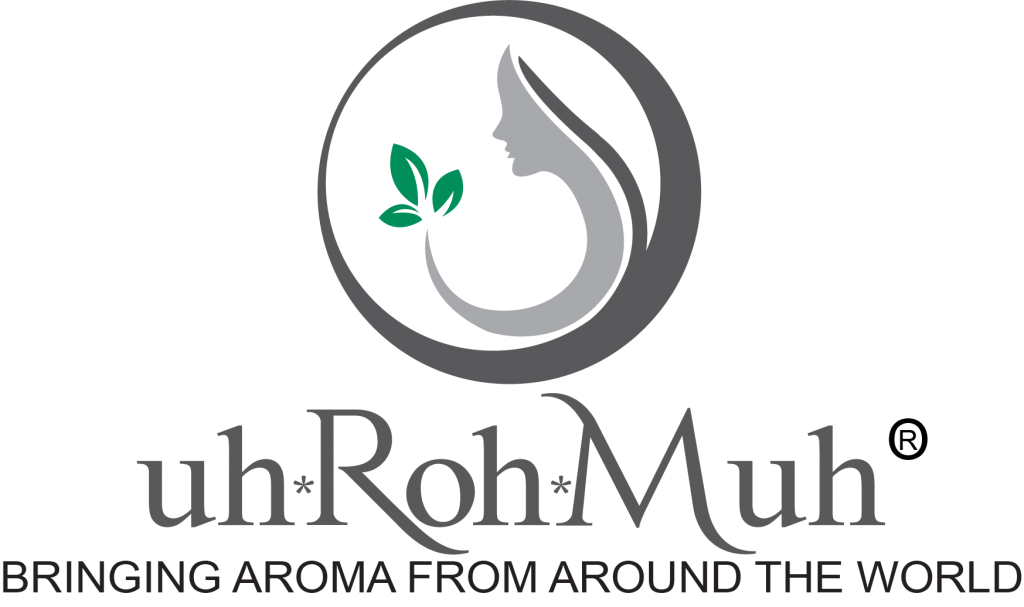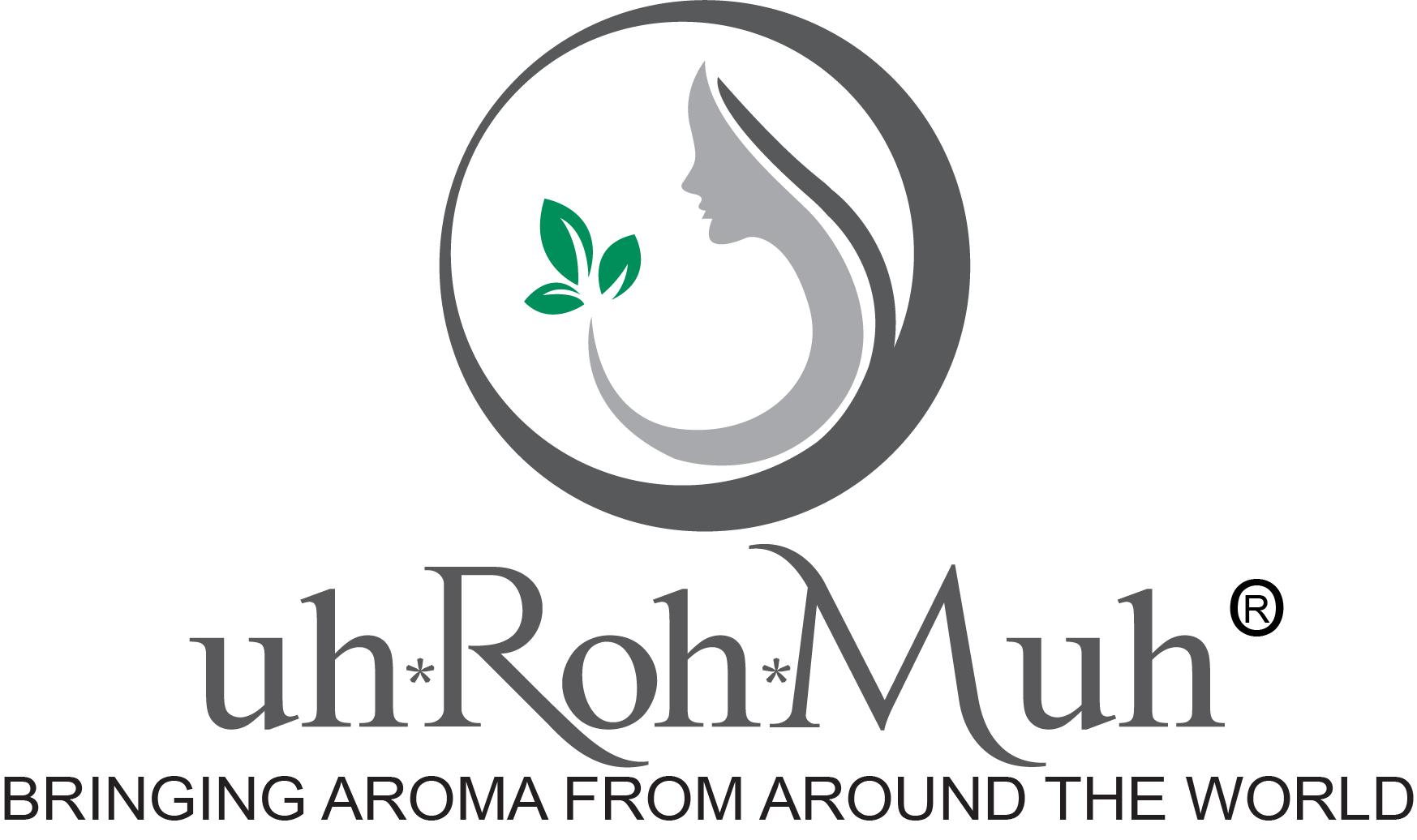Cinnammon Essential Oil
Cinnamon bark essential oil is steam distilled from the bark of a member of the Laurel family, laurus cinnamomum. Native to Asia and South Asia, it is also widely cultivated throughout Australia and much of what is considered the highest quality oil currently comes from Sri Lanka. Cinnamon bark oil is rare and far more expensive than other cinnamon-based essential oils, and it is one of the most prized in Ayurvedic and Chinese medicine, primarily for its stomach-easing, digestive, and stimulating qualities. Its use as a culinary spice is as legendary as its usefulness in natural healing, its aroma and flavor one of the most recognizable and delightful in a wide range of savory dishes, desserts and tantalizing beverages. Its main chemical constituent is cinnamaldehyde, along with eugenol, methyleugenol, and phellandrene, but these are only a small handful of the more than 90 compounds that it is known to contain. Though there is no true standard of quality for essential oil, the aldehyde content of cinnamon bark oil ranges between 55-78%. The higher the level of cinnamaldehyde, the higher the price you will pay. The oil itself is a clear, pale yellow liquid with a warm, sweet, dry, camphorous, resinous, and herbal scent, representing a strong base to middle fragrance note. The genus used for essential oil production is cinnamomum verum, which is important to note because there are a multitude of different species and hybrids in the market. As for the leaf versus bark debate, it all comes down to chemistry. Essential oil derived from the leaves contains a higher degree of phenols, and is more of a skin irritant. Oil derived from the bark is higher in aldehydes, is milder to the skin and generally considered more calming. The bark oil is the one more commonly used in flavorings for chewing gums, sweets and other such delights.
Cinnammon essential oil in history
Most of cinnamon bark essential oils’ uses harken back to traditional uses in Chinese medicine. The spice itself has been traded along the spice route for centuries. Ancient Egyptians used it as a foot massage, in love potions and burned it as incense. Its name is thought to derive from the Hebrew ‘kinamon’ or perhaps the Phoenician ‘kinnammon’. Its use was documented as early as 1550 BC, where it appeared in Ebers Papyrus, one of the oldest known Egyptian texts. The Egyptians considered cinnamon to be both representative of wealth and having wealth-attracting properties. During this age, cinnamon had a value that was equivalent to that of gold. In religion and spiritual practice, it has been burned as incense, added to church candles, and it is one of the most important ingredients in Carmelite water. Pliny documented its use as a men’s cologne preparation, and sources throughout history have recommended it as both a linen freshener, and an insect repellant.
Cinnammon oil uses
Antimicrobial: kills bacteria on household surfaces, on the skin and in food.
Anti-inflammatory: reduces inflammation of the skin, and helps to restore alkalinity to the body, reducing internal inflammation that can lead to a range of diseases.
Oral health: promotes good oral hygiene, freshens breath and stimulates the gums.
Diuretic: aids in the elimination of excess fluids from the body and around the joints.
Anti-depressive: uplifts the mood and helps to encourage positive thinking.
Relieves cold and flu symptoms: eases respiratory discomfort, congestion and sore throat.
Anti-parasitic: protects against parasitic infection of the intestinal tract.
Antiseptic: protects against and heals many different types of infection, including staph infections.
Analgesic: relieves the pain of headaches, arthritis and sore, aching muscles.
Antioxidant: combats oxidative stress and eliminates free radicals in the body, which can help to slow the aging process while providing a boost to the immune system.
Liver stimulant: stimulates bile production, helping to rid the liver of built-up toxins.
Digestive/anti-emetic: calms a nervous stomach and eases nausea. Helps to stimulate the production of saliva and digestive enzymes, which helps the body break down what you eat. Helpful to relieve symptoms of morning sickness.
Aphrodisiac: stimulates the adrenal system and encourages happy, loving thoughts. Possibly a good ice-breaker on a first date, or if rekindling a stalled romance.
Balance blood sugar: helps to regulate blood sugar and stimulate a healthy insulin response. Reduces food cravings and can be a good adjunct to a weight-loss plan.
Antiseptic: kills germs and bacteria on surfaces and in food.
Culinary: with its alluring scent and wide range of uses in many types of cuisine, cinnamon bark is a staple in kitchen spice racks everywhere.
Perfumery: often used as a mild fixative in perfumes, and to add lift to the scent. Use sparingly in soaps and lotions, as it will tend to turn your final mixture a darker color.
Metabolism booster: highly stimulating, promotes good blood circulation and bodily function.
Helps to treat addictions: releases feelings of anger and frustration that can block progress in treatment.
Meditation: helps to release negative feelings and clear the psyche of repressed memories.
Contraindications
Cinnamon bark oil can be extremely caustic to the skin. It is a ‘hot’ oil, and should never be applied undiluted in a topical preparation. Always heed recommended dilution ratios, and avoid contact with the eyes and mucous membranes, as even when diluted to a concentration of 1% or less it can cause a great deal of irritation. You should avoid cinnamon bark essential oil if you have liver disease, kidney disease, or if you are pregnant or nursing. Do not use internally undiluted unless you are under the direct care of a qualified natural practitioner who is experienced in aromatherapy.
Disclaimer
These statements have not been evaluated by the Food and Drug Administration. This product is not intended to diagnose, treat, cure or prevent any disease. If you are pregnant, nursing, taking medication, or have a medical condition, consult your physician before using this product.




You must be logged in to post a comment.